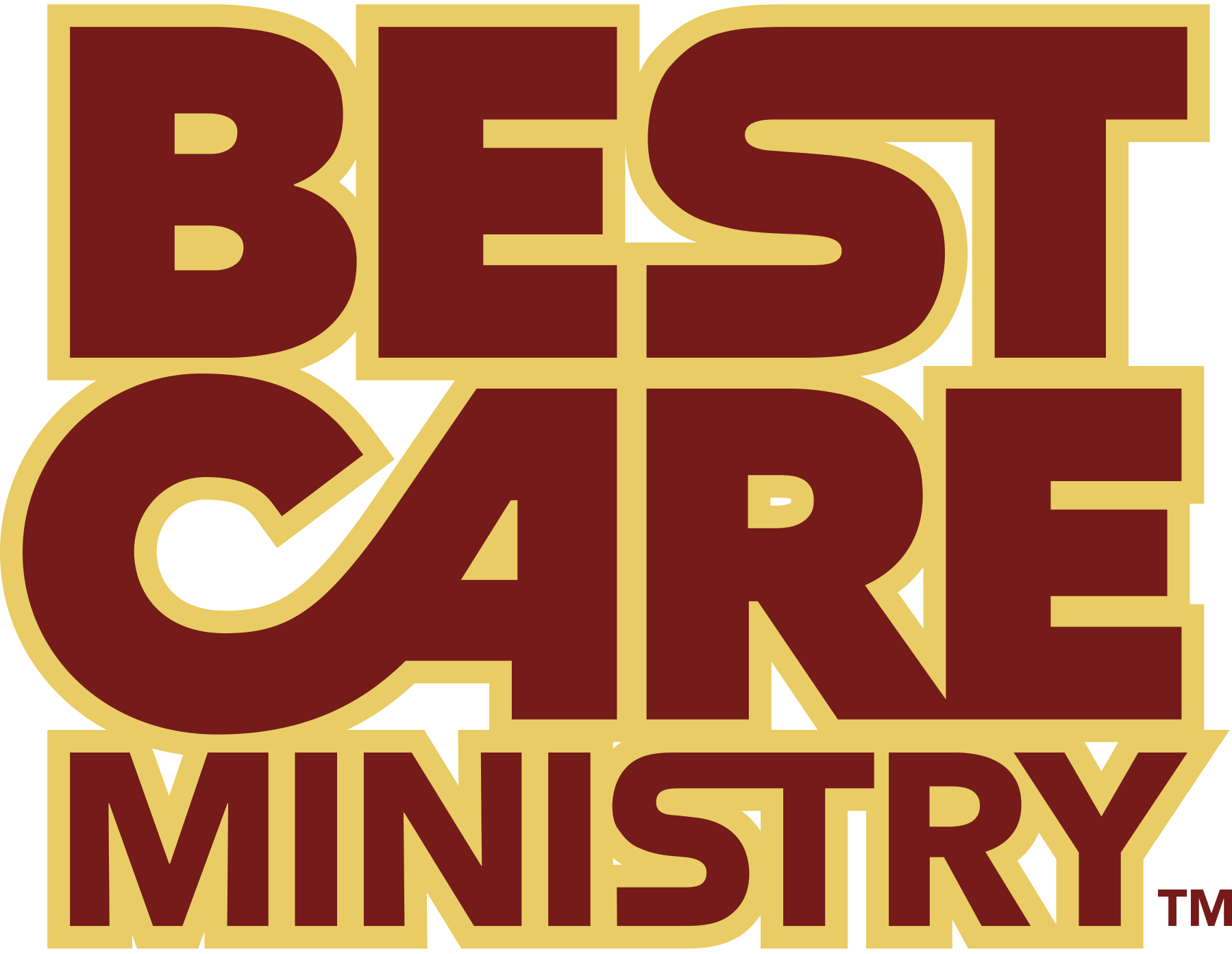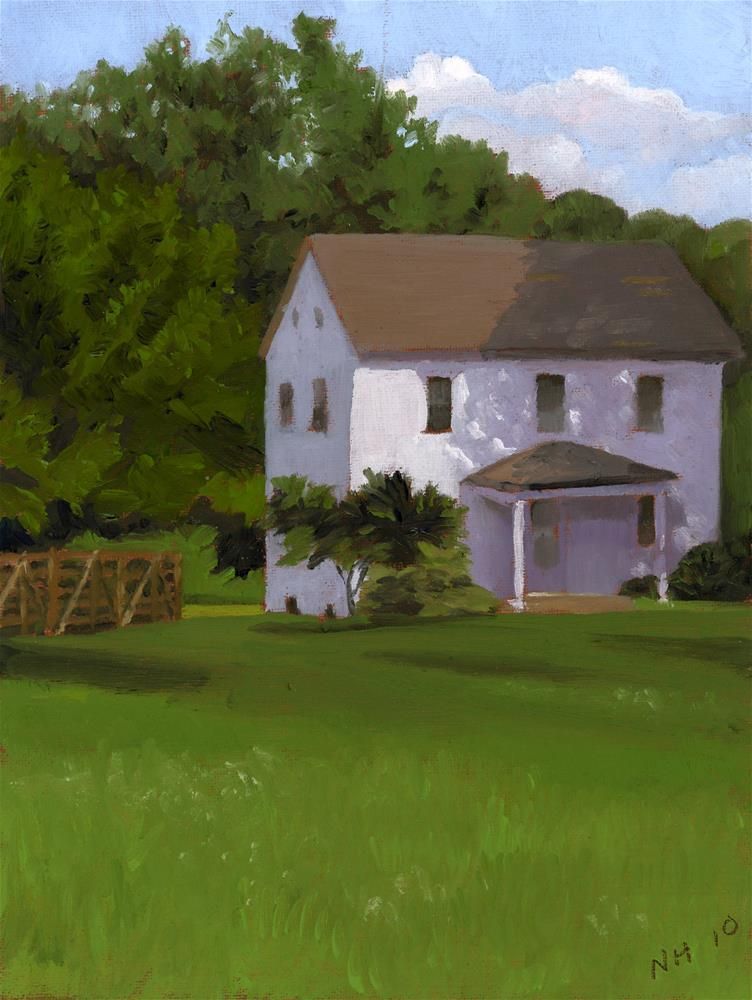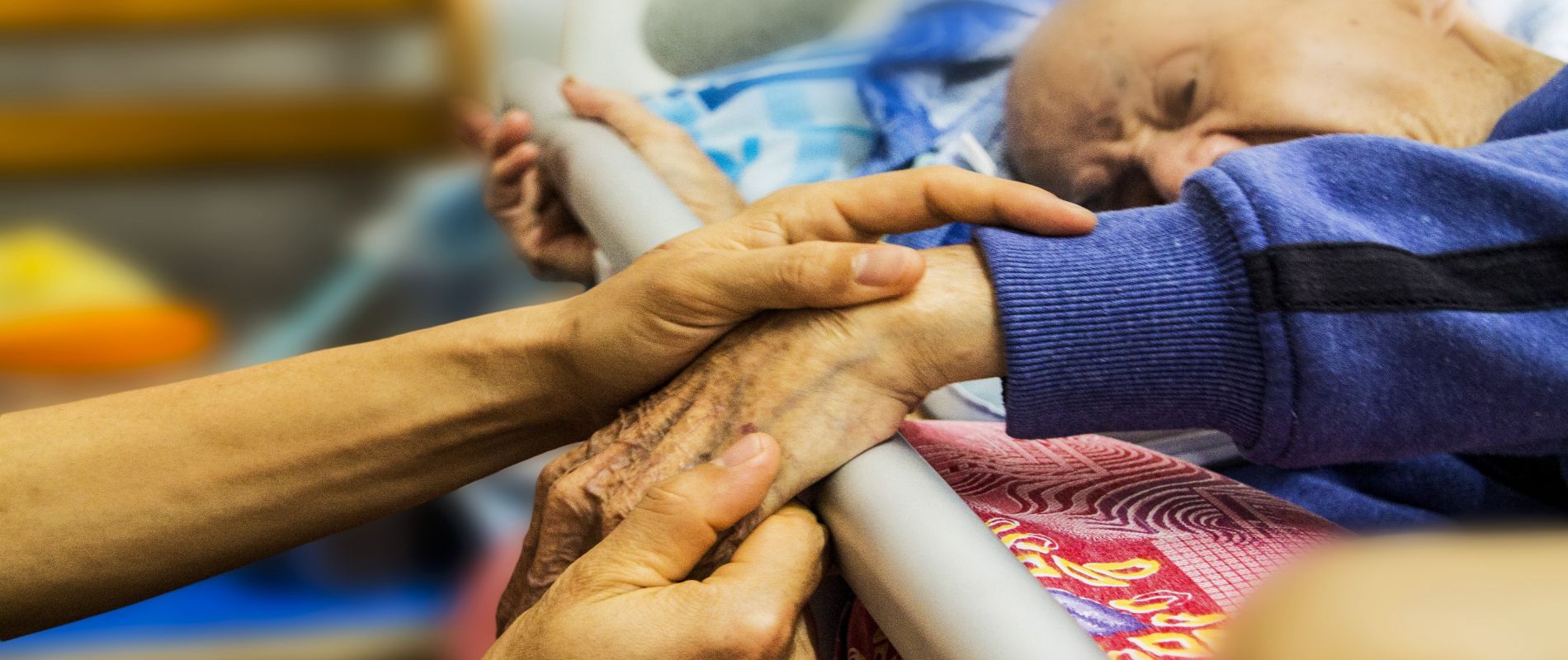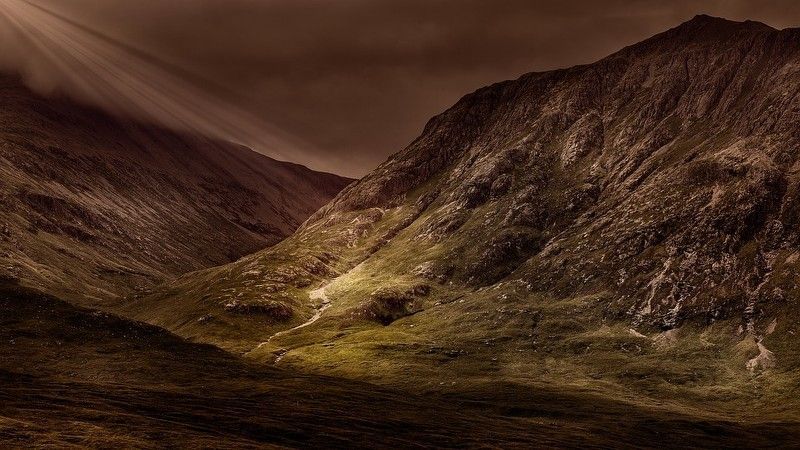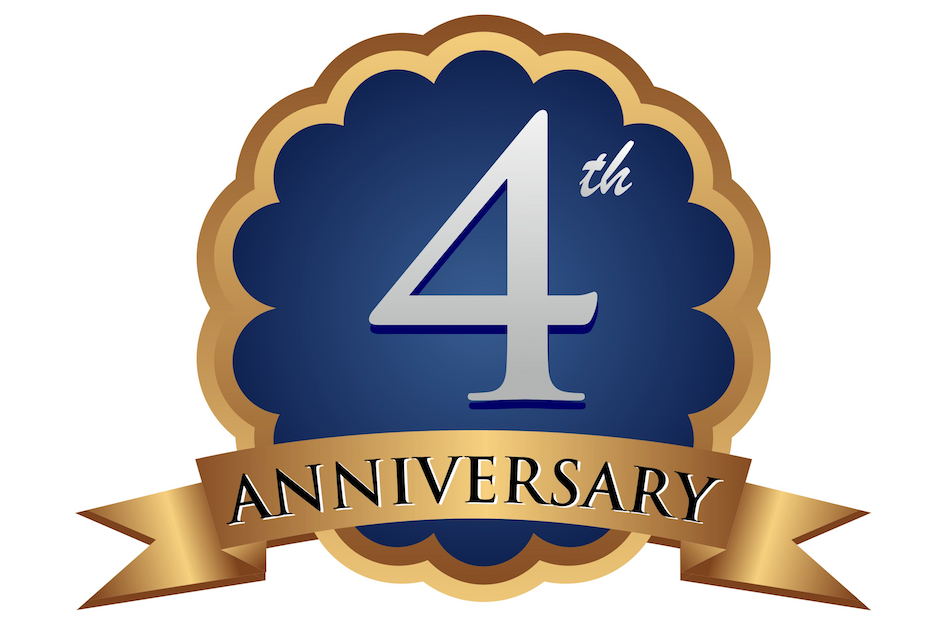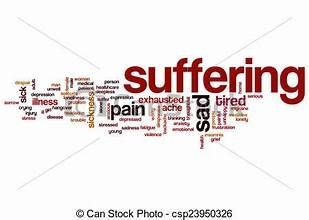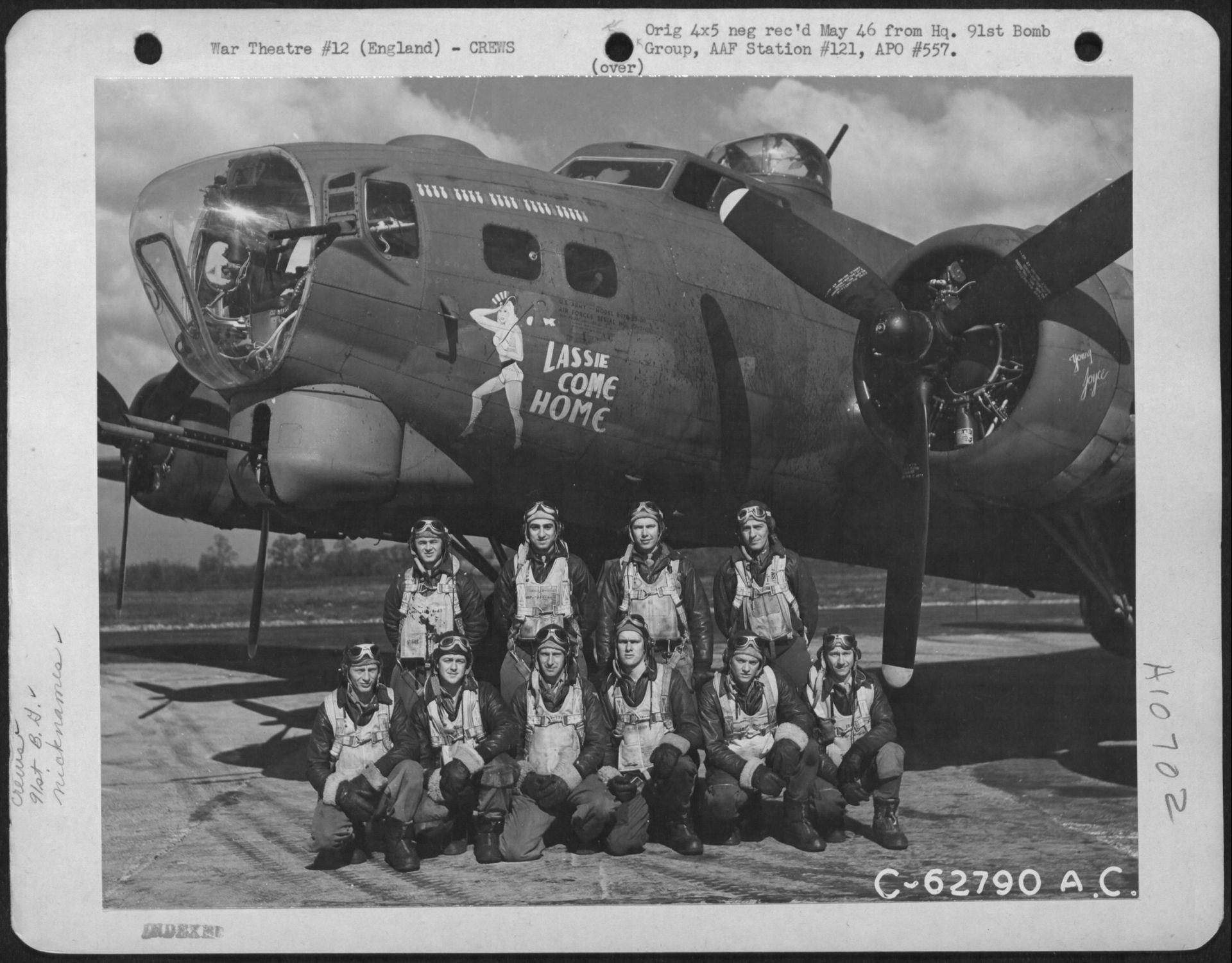The emotional, mental, spiritual needs will last for a long time.
They are just as real as the immediate physical needs,
but less obvious.
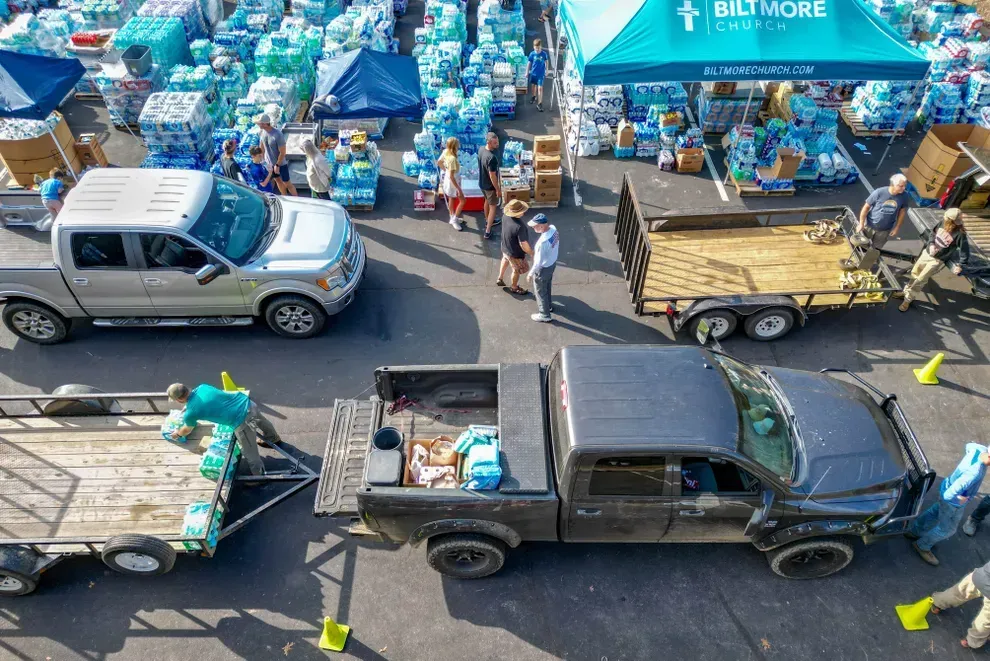
My wife's immediate family lives in western North Carolina. Susan was there a few days before Helene. What was to follow was beyond anyone's imagination.
This story is one small example of people coming together to care for each other.
I think that in my lifetime the longest I have been without electrical power is eight hours. That was post covid during the supply chain issues and the power company needed a part for one of the local power plants. It was a little bit disconcerting. I felt vulnerable.
Susan's family was without power for 9 days.
In their Hendersonville, NC neighborhood, the little stream that trickled every other day, swelled into a swift flowing river. They managed to avoid the worst damage that devastated other parts of the region so they also survived personal harm that affected others, not far away.
But the high waters there and in the surrounding area trapped them from leaving the neighborhood. For over a week they could not get to the store and needed to survive on what they had on hand for food and supplies. Completely surprised by the storm's impact, most did not have a lot of goods stockpiled. Perishables could not be preserved without electricity.
So they pulled together as a neighborhood to meet the practical needs.
There was one family with a generator. They took turns using it just long enough to keep the refrigerators cold enough to do their job. They shared food and grils and had neighborhood meals, picnic style. Those who were able, removed the trees and branches fallen from the storm and debris from the overflowing stream.
I would like to know what they talked about or how their relationships changed. As appropriate and as I am able, I will take note and perhaps share it with you.
Their need and this disaster was their bond.
This band of neighbors, not organizations, worked together during these nine days. They knew each other, but were not necessarily close in their relationships. They did not go to church together or work at the same business. Their ages were different and so were their interests. I don't know about their politics. One things is sure, their basic needs were the same.
When the shock wears off and the pain sets in, they will share a different type of need.
As in grief from a death, the initial shock is somewhat a gift as it numbs the emotions enough to deal with the immediate crisis and get through the first couple of weeks and tend to the immediate needs.
Then when life is supposed to return to normal, but it cannot, the acute emotional pain sets in. Sadness, anger, despair become so heavy a person becomes a stranger in their own life, wondering how they can continue in their new circumstances that they do not like and did not ask for. Feelings of vulnerability and questions of God's goodness often come to the surface.
A different type of care will be needed for a long time.
Those of us less affected will be able to care for them in the obvious ways by volunteering, perhaps with Samaritans Purse, or sending money and praying for their comfort, faith and hope.
But we also need to find ways to care for them with the essential skills of caring: being present, listening to their stories and being patient as they live with the scars from experiencing losses from a natural disaster. The memories will last for years after the immediate physical needs are resolved.
There will not be enough social workers nor mental health professionals to go around or last long enough to meet all the needs.
We all need to be aware of opportunities to help and look for ways to offer presence, listening, and patient care.
The immediate outpouring of support is encouraging. May God add to the number of skilled caring people and help us to be willing to walk alongside people in their less obvious and longer lasting needs.
Your care matters!
